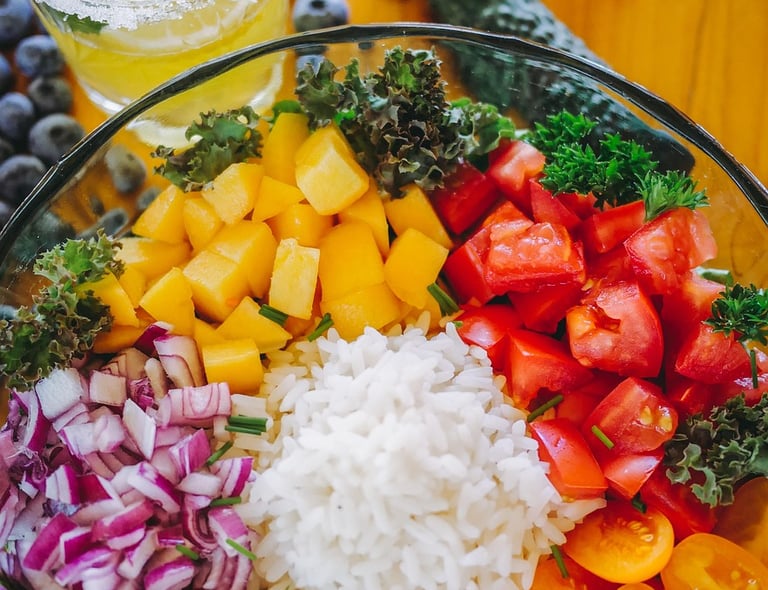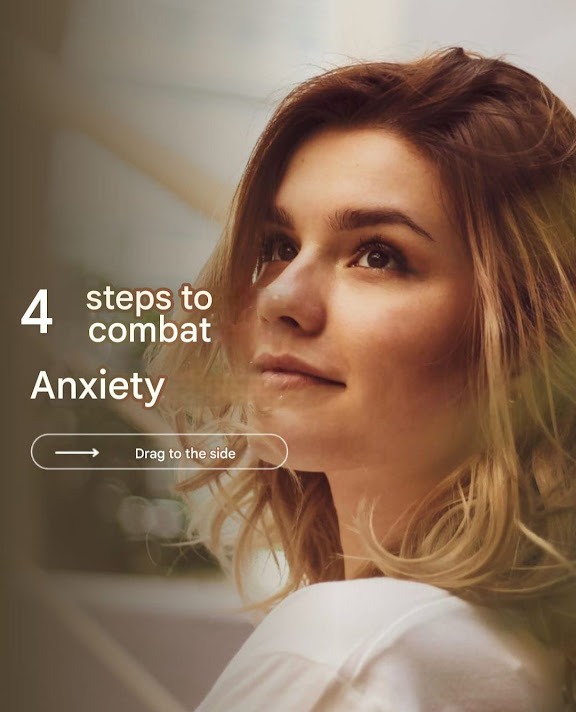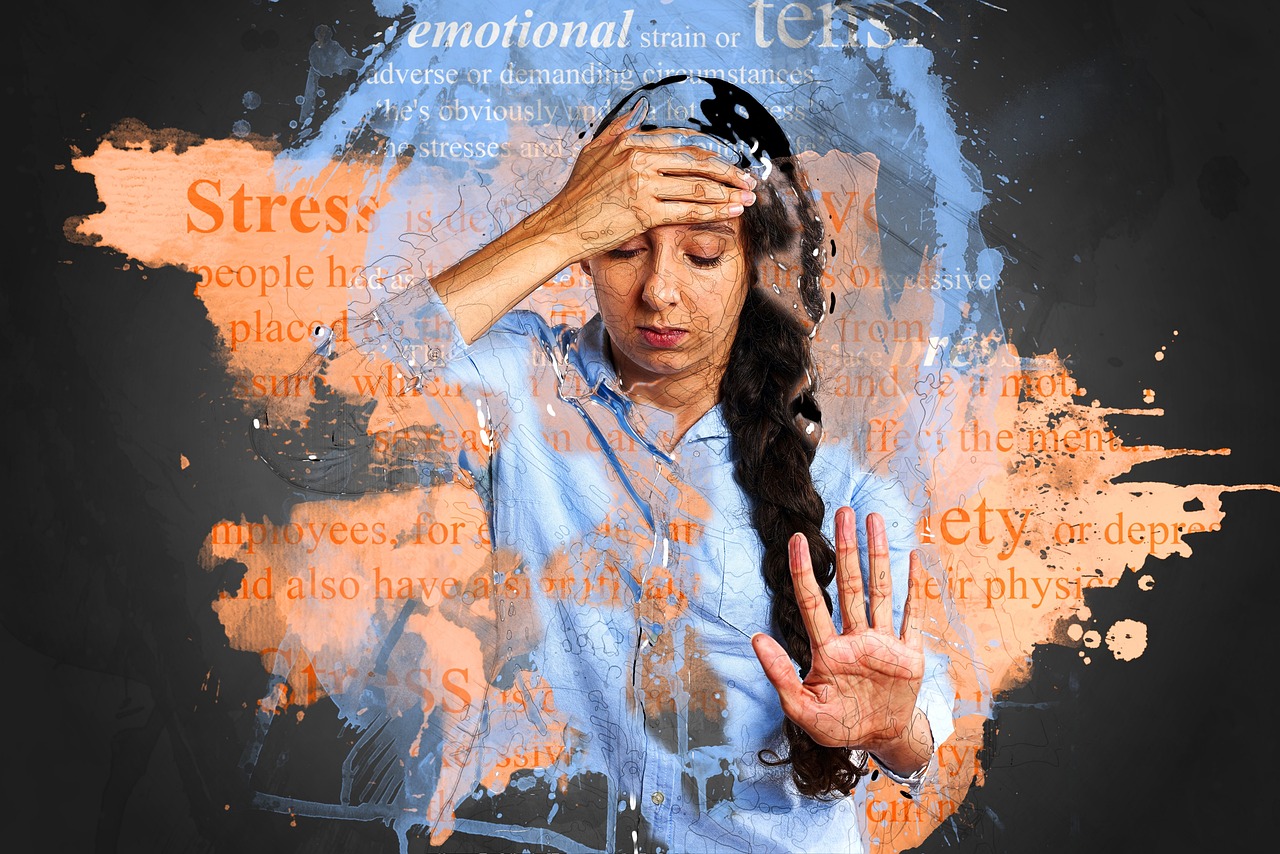Content That Saves Lives
Information anInformation and prevention in every word.d prevention in every word.
Here you will find articles, tips, and reflections on physical and emotional health and well-being. My goal is for each text to be useful, direct, and transformative.
Some topics you will find:
Anxiety: the silent evil that needs attention
Essential care during and after pregnancy
How to prevent health problems with simple habits
The impact of a healthy mind on the body
Stories and inspiration to keep your spirits up.
In this article, you will discover the foods that are behind the best results in gyms: powerful ingredients that are easy to find and, when combined properly, accelerate muscle growth and boost your body transformation. We will reveal how to put together smart meals, what to eat before and after training, and what mistakes to avoid so that your muscles really grow.
Get ready to change your body, starting with your refrigerator.
Get ready to change your body, starting with your refrigerato
🥩 1. Chicken breast
A lean source of protein with high biological value. Helps in the regeneration and growth of muscle fibers.
🍳 2. Whole eggs
Rich in protein and good fats. The yolk contains choline and vitamins essential for muscle synthesis.
🥛 3. Milk and Dairy Products (such as plain yogurt and cottage cheese)
Contain natural casein and whey protein, which are absorbed at different rates, keeping the body nourished for longer.
🐟 4. Salmon and Sardines
In addition to protein, they are sources of omega-3, which reduce inflammation and improve muscle recovery.
🍚 5. Brown rice
A complex carbohydrate that provides sustained energy, essential for intense workouts and mass gain.
🍠 6. Sweet potatoes
Rich in fiber and low on the glycemic index, they help maintain stable energy levels during workouts.Peito de Frango
🥜 7. Peanuts and Natural Peanut Butter
High in calories and rich in good fats and protein. Great for those who have difficulty gaining weight.
🍌 8. Bananas
A quick source of energy and potassium, ideal for pre-workout and to prevent cramps.
🥬 9. Spinach and Green Vegetables
Rich in iron, magnesium, and antioxidants, they aid in muscle oxygenation and post-workout recovery.
🌾 10. Oats
A source of complex carbohydrates, fiber, and protein. Stabilizes blood sugar and prolongs satiety.
🥑 11. Avocado
Full of healthy fats and nutrients that improve the absorption of vitamins essential for muscle building.
🫘 12. Beans and Legumes
Vegetable proteins, rich in iron and fiber. An excellent option for those who follow a plant-based diet.
💧 13. Water and Coconut Water
Hydration is essential for proper muscle function, recovery, and performance.🥜 7. Amendoim e Pasta de Amendoim Natural




Anxiety: The Silent Evil That Is Consuming Your Life – Don't Ignore It!
Have you ever stopped to think that anxiety may be stealing your peace without you even realizing it? It may be present in those moments of tension, on those nights when sleep won't come, or even in everyday situations that you can no longer face calmly. And what's most frightening: anxiety is one of the most silent and dangerous conditions of our time. It sets in gradually, but can lead to serious consequences for mental and physical health, often without you having the slightest idea how you are being affected.
Why do you need to pay attention now?
Anxiety is not just a passing feeling of nervousness. It goes far beyond that, profoundly affecting your quality of life, your personal relationships, and even your physical health. Feeling constantly overwhelmed, worried about everything around you, can be a sign that anxiety is taking over. If you don't act now, it can develop into something more serious: depression, chronic insomnia, heart problems, and much more. Don't wait for the situation to get worse before seeking help!
Anxiety symptoms you can't ignore
Anxiety can manifest itself in many ways. Many people experience
Excessive worry: Thoughts that won't stop, often about things that haven't even happened.
Difficulty sleeping: A racing mind that prevents rest and recovery.
Lack of concentration: As if the world is passing by quickly and you can't keep up.
Tightness in the chest: As if something is always about to happen, even without concrete reasons.
Constant fatigue: Mental and physical tiredness that doesn't go away, even after hours of rest.
These are just some of the signs. If you identify with one or more of them, it's time to reflect: how is anxiety impacting your life?
The impact of anxiety on your physical and emotional health
Ignoring anxiety is not an option. It can harm your health in ways you can't even imagine. Heart problems: Anxiety can increase blood pressure and the risk of heart disease.
Eating disorders: Stress and anxiety can cause you to overeat or, conversely, lose your appetite.
Body aches: Accumulated tension can cause muscle pain and even headaches.
Affected personal relationships: When anxiety takes over, you may become more irritable, distant, and even avoid people around you.
Don't put it off! Take care of your mental health NOW!
Anxiety does not go away on its own, and the sooner you take action, the easier it will be to regain control of your life. Don't let it consume you. You deserve to live without this constant pressure, without this feeling of suffocation.
I am here to help you better understand your symptoms, find effective solutions, and provide the support you need. Don't let anxiety take over. Start taking control of your mental health today.
Don't ignore the signs. Help is within your reach—and it can be the key to regaining your peace of mind and quality of life!Ansiedade:


4 Simple and Effective Steps to Combat Anxiety
Anxiety can be overwhelming, but there are simple and effective steps you can take to deal with it and regain your inner peace. Here are four essential steps you can start applying right now to combat anxiety in a healthy and lasting way.
1. Practice Deep Breathing and Mindfulness
Deep breathing is a powerful tool for controlling anxiety symptoms in the moment. When we feel anxious, our breathing tends to become shallow and rapid, which worsens the feeling of panic. Breathing deeply and in a controlled manner activates the parasympathetic nervous system, which helps calm the body and mind.
How to do it:
Sit or lie down in a quiet place.
Breathe deeply through your nose, counting to 4.
Hold your breath for 4 seconds.
Exhale slowly through your mouth, counting to 6.
Repeat the process for 5 to 10 minutes.
In addition, the practice of mindfulness can be very helpful. It consists of being fully present in the moment, without judgment. This helps to reduce worry about the future, which is one of the main triggers of anxiety.
2. Create a Physical Exercise Routine
Physical exercise not only improves your health, but it is also one of the most effective ways to combat anxiety. During physical activity, the body releases endorphins, chemicals that promote feelings of well-being and pleasure, helping to relieve stress.
How to do it:
Choose an activity you enjoy: walking, running, yoga, or even dancing.
Start with 20 to 30 minutes, 3 to 4 times a week.
If you have trouble getting started, try small daily goals. Even a short walk can bring immediate benefits.
Consistency is key. Even if you don't notice it right away, regular exercise has a positive impact on mental health and can significantly reduce anxiety levels.
3. Limit Caffeine and Sugar Intake
Excess caffeine and sugar can increase anxiety symptoms, causing energy spikes followed by crashes that leave you feeling even more nervous and anxious. Reducing or eliminating these ingredients from your diet can have a positive effect on your mental health.
How to do it:
Replace caffeinated beverages (such as coffee and soft drinks) with chamomile tea or relaxing herbs.
Cut down on sweets and processed foods. Look for healthier options, such as fresh fruits, nuts, and seeds.
The change in your diet may not be immediate, but over time, you will notice a reduction in anxiety symptoms and an overall improvement in your mood and energy levels.
4. Seek Professional and Social Support
Although the above steps help, anxiety is a condition that often requires professional monitoring. Seeking a specialized therapist or psychologist can be essential to dealing with the root of your anxiety and learning deeper coping strategies. In addition, the support of friends and family is also crucial.
How to do it:
Schedule an appointment with a psychologist or cognitive behavioral therapist (CBT) to work on the causes of your anxiety.
Talk to someone you trust about how you are feeling. Sometimes, sharing your thoughts can ease the emotional burden.
Anxiety can become more difficult to control if faced alone. Having the right support can make all the difference in your recovery journey.
Remember: Fighting anxiety is a continuous and gradual process. Every step taken in the right direction is an important step toward regaining your balance and well-being. Don't be afraid to seek help and remember that you are not alone on this journey.




Anxiety, the disease of the century


